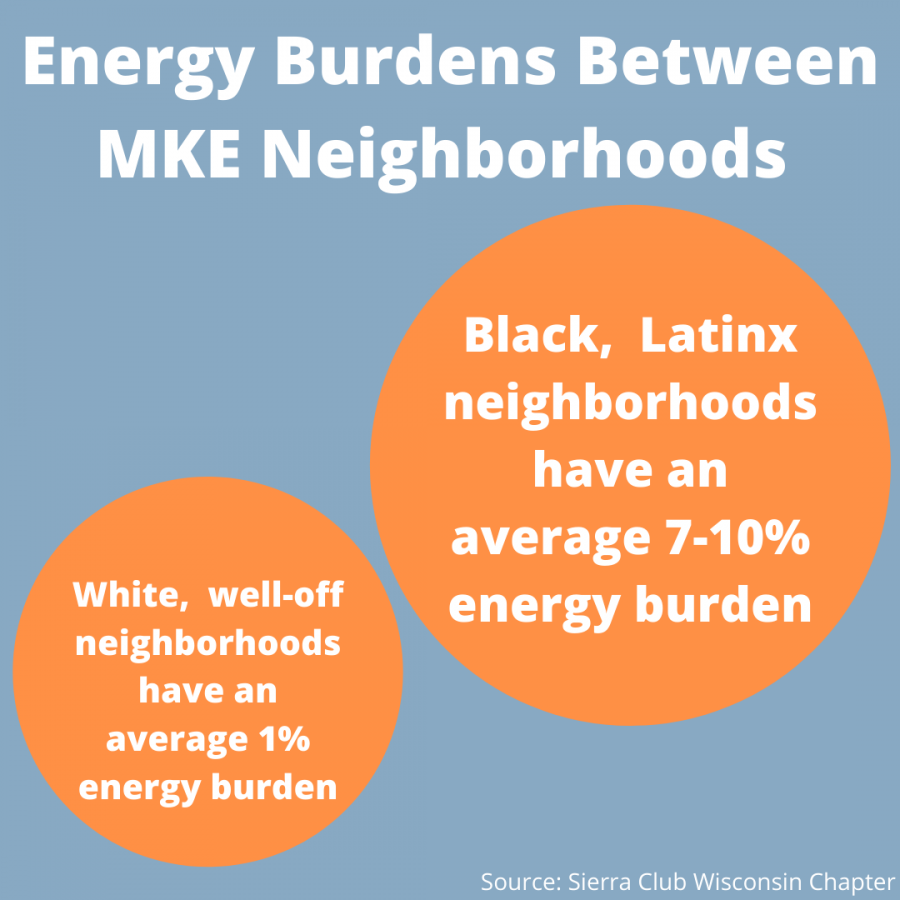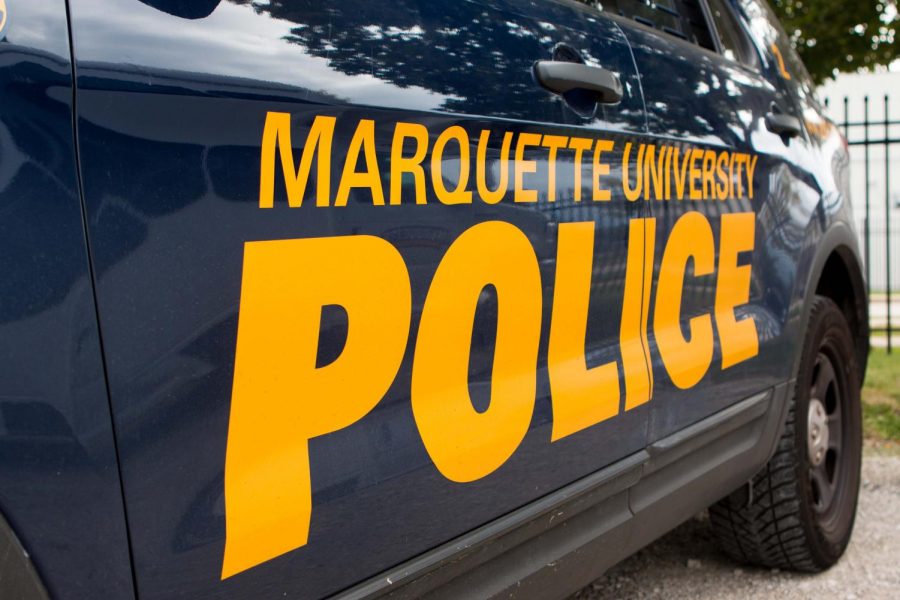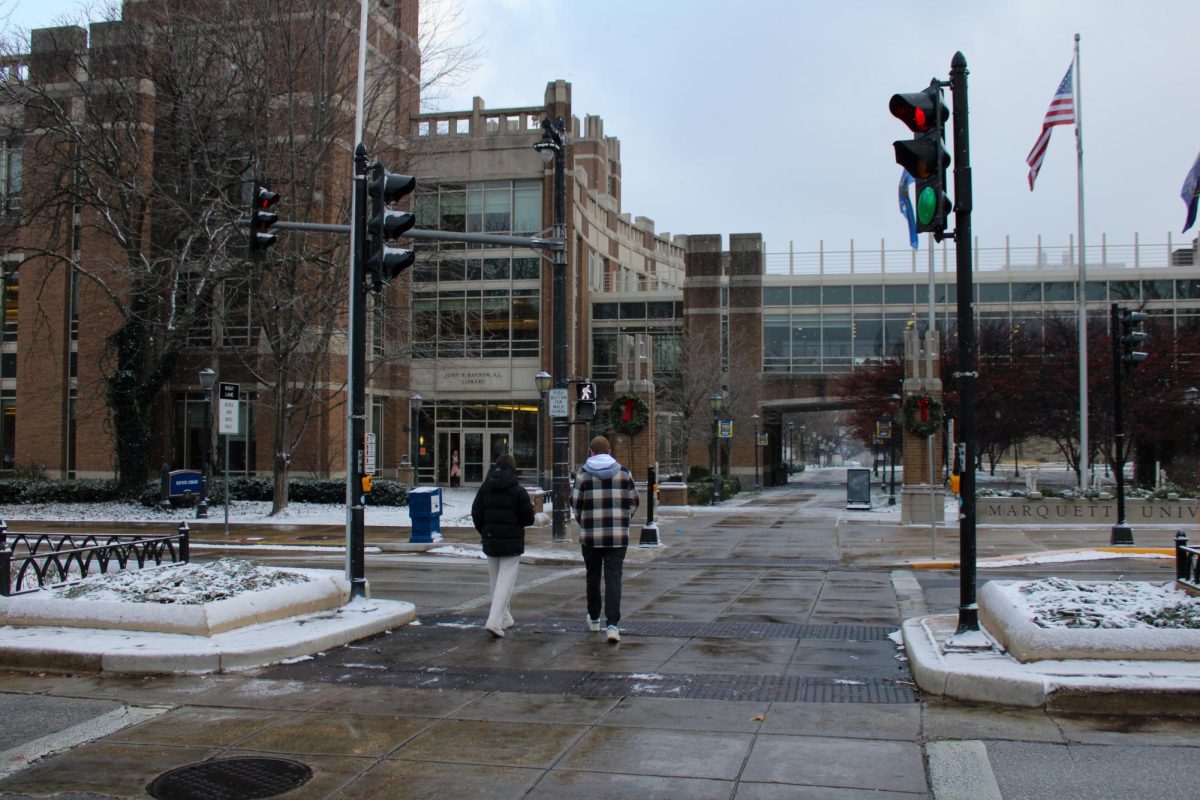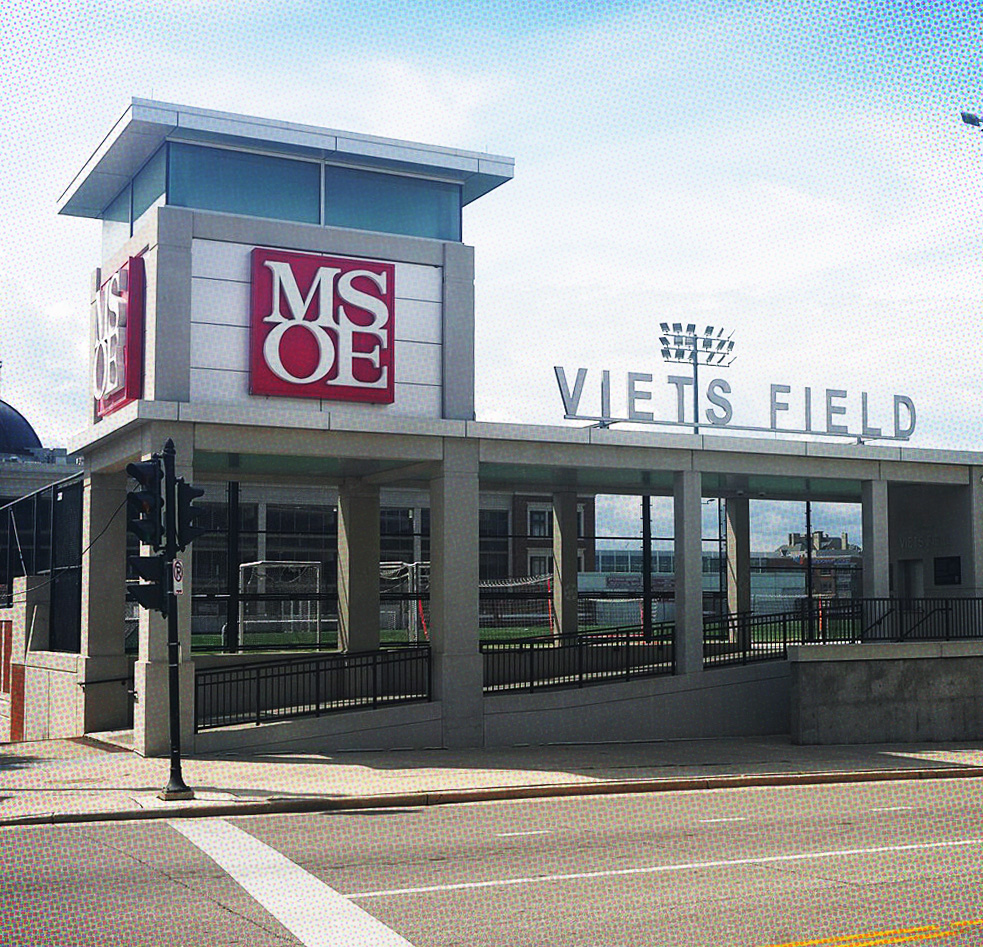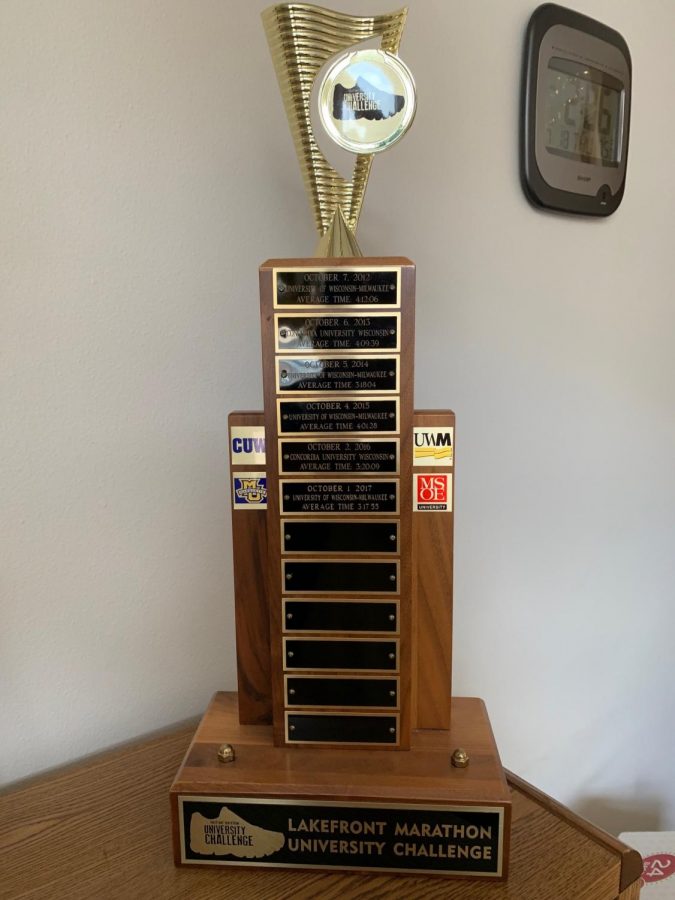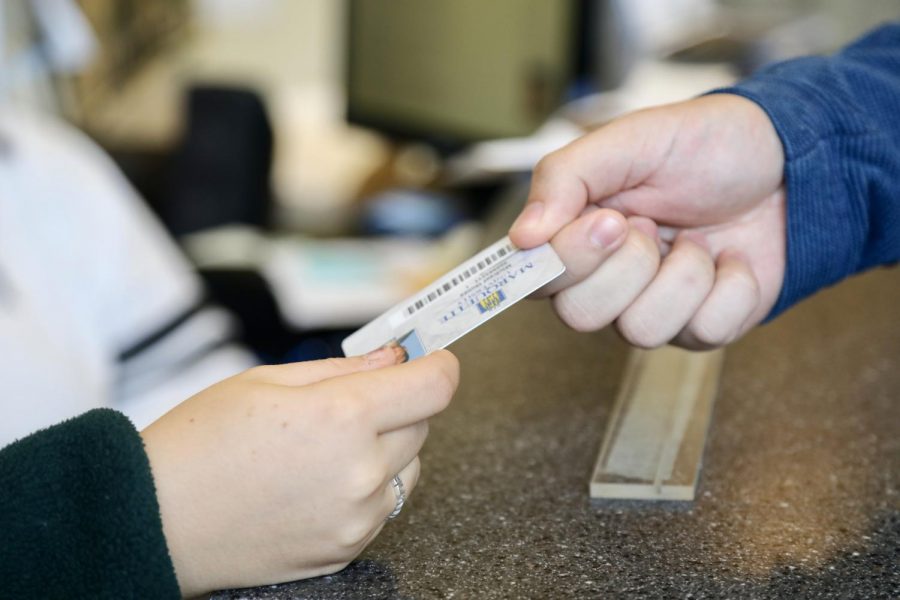Three local universities previously considered rivals are now banding together to form an energy research center with the potential to dramatically affect the regional economy and future of alternative energy.
Marquette, the University of Wisconsin-Milwaukee and the Milwaukee School of Engineering recently united to form the Southeastern Wisconsin Energy Technology Research Center. The three schools began discussing a possible collaboration a year ago.
Faculty members from each university are leading seven different projects with assistance from regional industries. Two of the projects are led by Marquette faculty members.
Chung Hoon Lee, assistant professor of electrical and computer engineering, will lead a project that will work on creating a more efficient device for converting heat energy to electrical energy.
Funding and completing this project would have been much more difficult without the assistance of SWETRC, he said. Now, he added, the collaboration could lead to bigger projects and greater amounts of funding down the road.
The other Marquette professor leading a project is Jon Koch, assistant professor of mechanical engineering. He’ll be testing designs for an inexpensive and more environmentally-friendly water heater.
“The name of the game is to make it cheap and to minimize the environmental footprint,” Koch said.
Koch was also hopeful SWETRC could help the three universities create stronger partnerships in the future.
“What I would like to see out of this project is not only accomplishment of the technical goals, but growth of perhaps new areas of research where we find skill sets that they have that we lack or vice versa,” he said.
The main goal of SWETRC is to spur the regional economy, said Michael Switzenbaum, executive associate dean of Marquette’s College of Engineering.
“That’s really what all this is about in the long run — economic development for southeastern Wisconsin,” he said.
The participants in the collaboration hope to inject talent into the local workforce and create the potential for more jobs through its partnerships with different regional industries, said Michael Lovell, dean of UWM’s College of Engineering and Applied Science.
Thomas Bray, MSOE’s dean of applied research, said there may be “specific companies that are either formed, expanded or their direction altered by these projects.”
Bray said Lovell was the main impetus behind the collaboration.
Lovell had previously been involved in similar collaborative projects with other universities when he was an associate dean of research at the University of Pittsburgh’s Swanson School of Engineering.
“I’m a big believer in partnerships because they make you stronger and allow you to do bigger and better things,” Lovell said.
Faculty from the universities met with representatives from different industries to see how joint projects could meet the needs of these corporations. From those meetings, Switzenbaum said faculty members submitted 21 proposals and seven were selected for funding.
Switzenbaum said the center received $610,000 in funding. The National Energy Technology Laboratory, a part of the U.S. Department of Energy, contributed $250,000 in federal funds to the projects. The rest of the money came from various industries and groups, each of which elected to pay $50,000 to be involved in the projects.
Many of the companies involved are regional, such as the A.O. Smith Corporation, Johnson Controls Inc. and Kohler Company. In exchange for funding assistance, the corporations sit on a board that oversees the projects and stand to benefit from the results of the different research, Switzenbaum said.
“The projects that we’re doing would be of interest to them,” he said. “There are different types of intellectual property they get access to, they get access to our students (and) they’re on the board.”
The collaboration allows the three universities to compete for funding they would not have been able to secure individually, Lovell said.
Though not all the projects are directly related to alternative energy research, many still have the potential to positively impact efforts to improve renewable energy technology, Lovell said.
Both Lee’s and Koch’s projects have ties to efforts to improve renewable energy technology. Switzenbaum said he hopes the projects will grow and attract more funding.
“($610,000) is not a large amount of money to do energy research,” he said. “(The projects) should grow into larger projects, so we can apply for additional funds and do some important research.”
[podcast]http://marquettetribune.org2009/09/koch.mp3[/podcast]
Professor Jon Koch explains the goal of the project.


